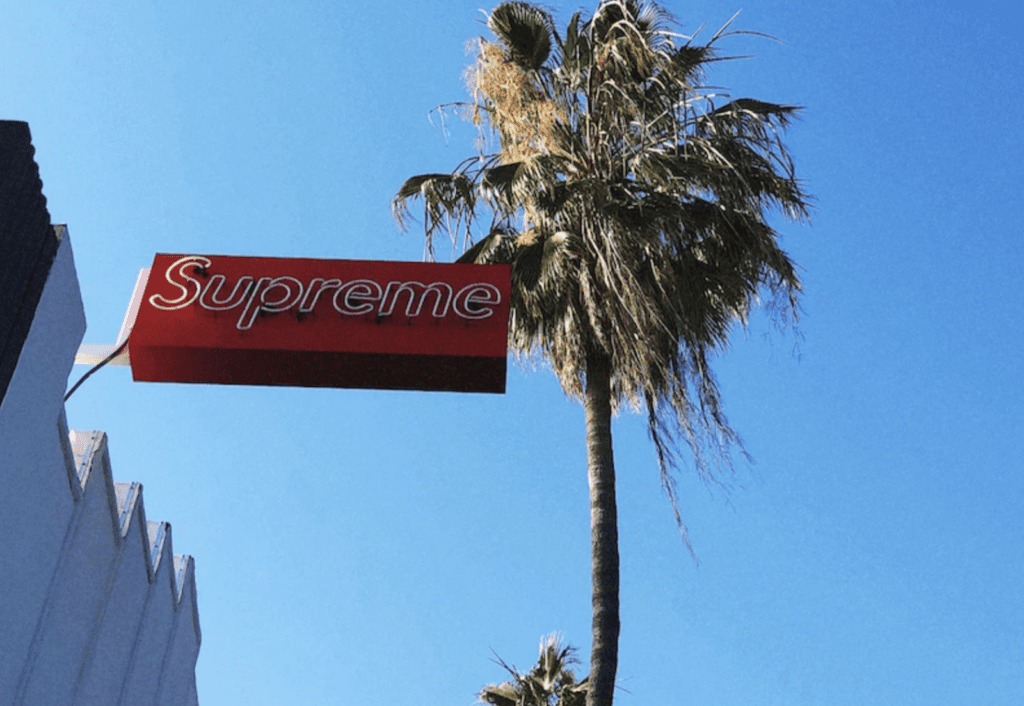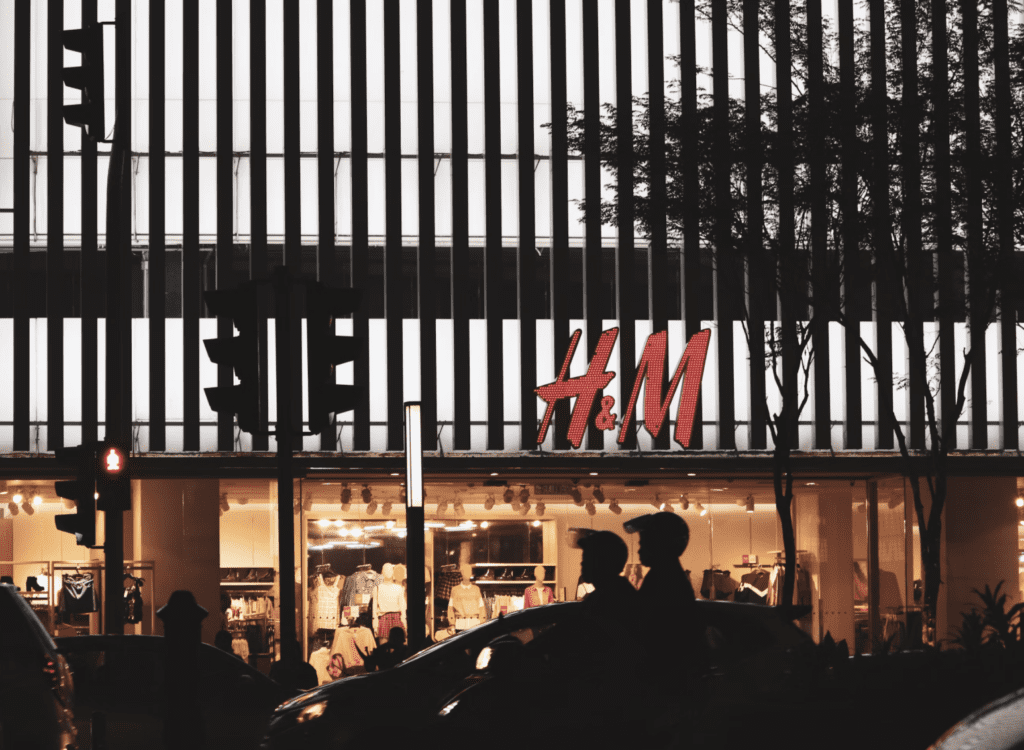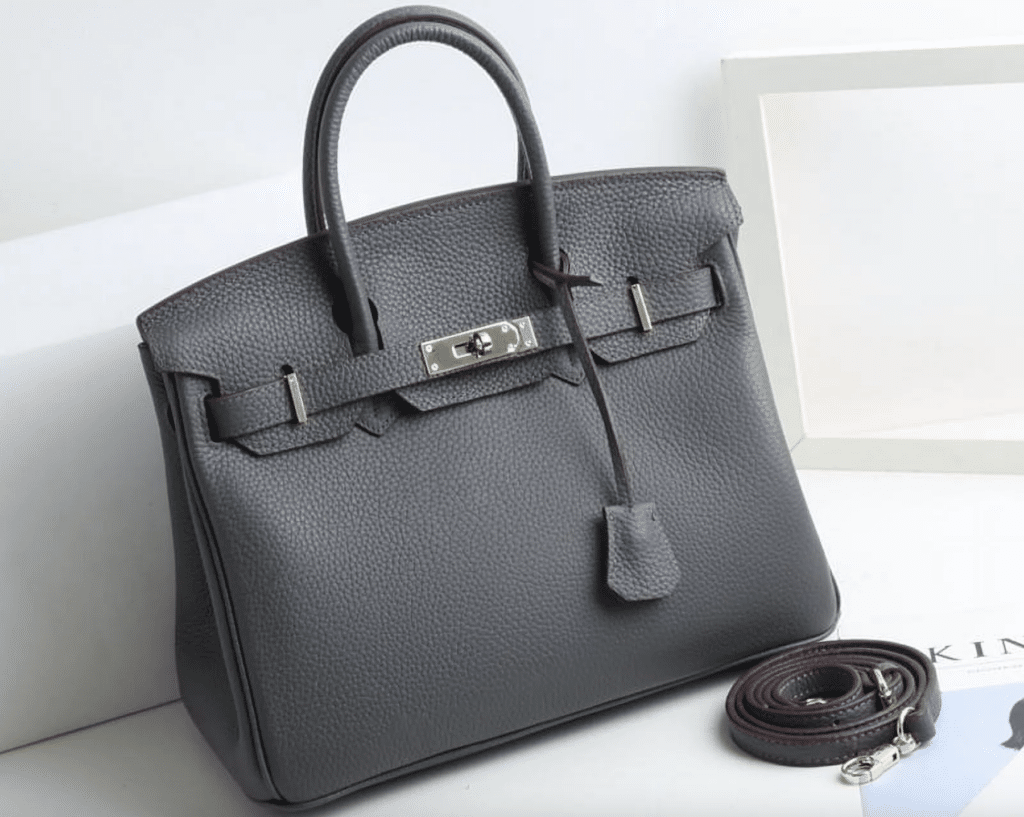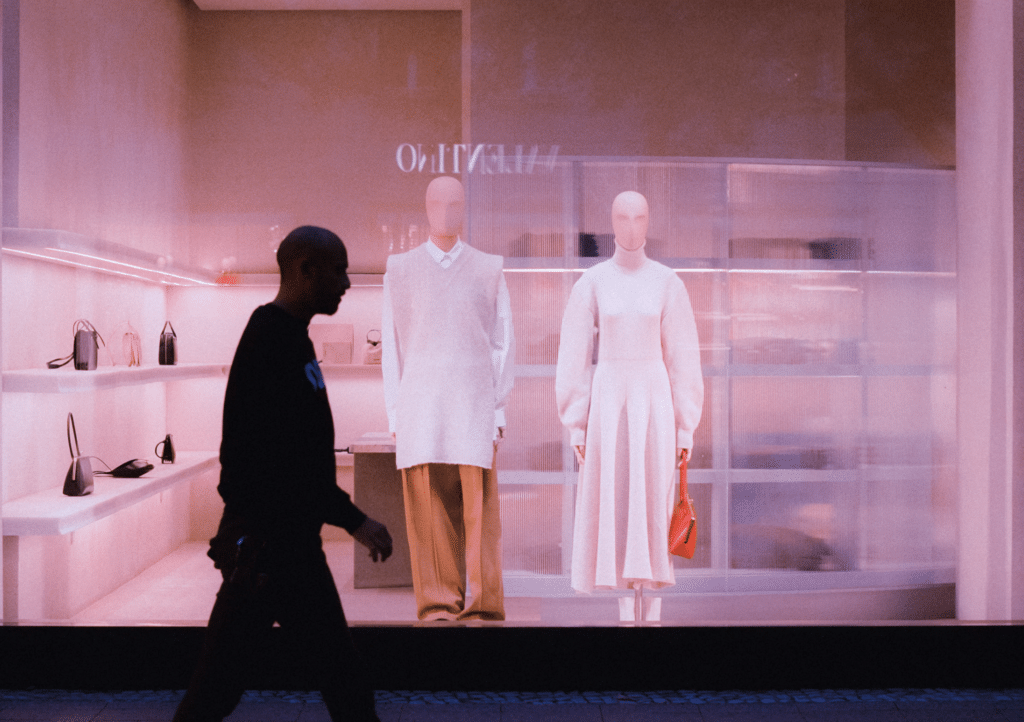Supreme has landed a win in a trademark fight in India, with the Delhi High Court finding that its box logo amounts to a “well-known” trademark when used on “apparel and clothing.” In a July 11 decision, Justice Prathiba Singh held that Chapter 4 Corp. d/b/a/ Supreme’s red-and-white box logo warrants protection as a well-known mark under the Trade Marks Act of 1999, which recognizes certain marks as “well-known” and affords them statutory protections (even in relation to dissimilar goods). The court’s determination came in connection with a since-settled trademark case that Supreme filed against Punjabi Adda, a Haryana-based fashion brand, for offering up apparel bearing Supreme’s box logo.
In addition to signing off on a settlement between Supreme and Punjabi Adda, which saw the defendant agree to cease use of the box logo and refrain from filing any trademark/copyright applications to register the box logo or any marks similar to it, the Delhi High Court reflected on New York-based Supreme’s bid for a declaration that its box logo mark is a “well-known’ mark under Section 2(zg) Trade Marks Act.
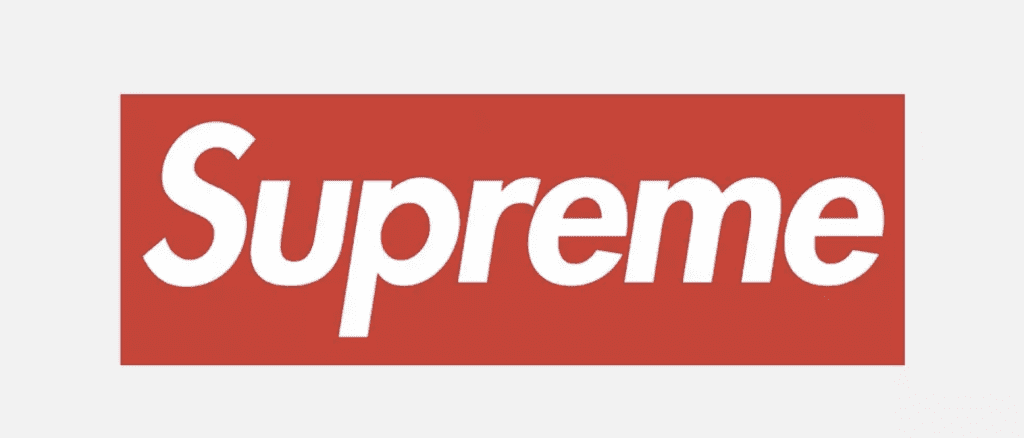
Some background: Section 2(1)(zg) of the Indian Trade Marks Act of 1999 defines a “well-known trademark” as one that “has become so [recognizable] to a substantial segment of the [relevant] public” that if the mark were used on other parties’ goods/services, consumers would assume a connection between those goods/services and the trademark holder even when one does not exist.
Arguing in favor of the well-known status of the box logo, which was inspired by the work of artist Barbara Kruger, counsel for Supreme submitted evidence to the court of its “long adoption and extensive use of” the mark. In particular, Supreme asserted that …
– It has 14 exclusive retail stores around the world, including in Japan, UK, France, Italy, and Germany, in which it makes use of the box logo.
– Its valuation was estimated to be $1 billion in the year 2017, and in 2020, VF Corporation acquired Supreme for $2.1 billion dollars in a transaction that “establishes the well-known nature of [the box logo] mark.”
– It has “a unique business model of scarcity, combined with high demand and low supply. This, in itself, creates enormous notoriety for the brand, as customers strive to purchase [Supreme] products.”
– It has obtained over more than 700 trademark registrations globally for the box logo for use on clothing. “The mark is registered … in almost all major jurisdictions, including, but not limited to, the U.S., European Union, UK, France, New Zealand, China, Australia, and Singapore.”
– It has enforced its rights in the mark through enforcement proceedings in countries like France, Turkey, Italy, Spain, and China, and “these verdicts acknowledge the ‘well-known’ status of the mark.”
– Various celebrities have endorsed its clothing, including “Justin Bieber, Beyonce, Madonna, Rihanna, Sade, and other well-known international celebrities.” In India, in particular, products bearing the box logo have been endorsed by the celebrities, such as Diljit Dosanjh, Ranbir Kapoor, and Karan Johar.
Further arguing in favor of the well-known status of the box logo, Supreme pointed to a March 2022 decision from the court, in which it held that Levi’s “arcuate stitching mark” is well-known. Its counsel also cited the decision in Hermès International v. Crimzon Fashion Accessories Pvt., in which the Delhi High Court outlined the factors for determining whether a mark is well-known, and sided with Hermès’ in its bid for a declaration from the court that one of its “H” marks is well-known within the meaning of the Trade Marks Act. (More about that case here.)
With the foregoing in mind and given that the Supreme red-box mark has been used on/in connection with clothing for almost 30 years, the court found that “the reputation in the red-box device mark ‘SUPREME’ as gleaned from the record” makes it “clear” that it has acquired secondary meaning in the minds of consumers and well-known status, and thus, the mark “deserves to be protected.” While the court issued a “decree of declaration declaring the red-box device mark as a `well-known’ mark with respect to apparel and clothing,” the judge noted that “since the word ‘SUPREME’ is a dictionary word, the declaration of well-known is limited to the ‘SUPREME’ red-box logo and not the word itself.”
The Delhi High Court’s finding follows from previous decisions by courts in India that have granted well-known status to a growing list of trademarks for companies, including (but not limited to) Louis Vuitton, Cartier, Omega, Intel, Mars, Carrefour, Vogue, Google, and Dunhill.
The case is Chapter 4 Corp. v. Dhanpreet Singh Trading as M/S Punjabi Adda, 12263/2023.




